Should I Buy My Own Diving Equipment?
Should I Purchase My Own Diving Kit?
“Do I need to buy my own diving equipment” is a question our instructors frequently get asked. Unfortunately, we can’t answer this for you, you need to decide if you think it’s worth it.
There is no denying that if you own your own dive kit then you become more familiar with it, it’s generally more comfortable, it’s going to be looked after better then rental kit, and ultimately, as a result, it is safer.
There are a few things you need to consider before parting with your money:
- How often are you going to use it
- Luggage allowance on planes
- Your budget
- Where are you going to use it
Unfortunately, we can’t all afford to purchase a full set of kit at the outset, so most divers slowly build up their kit over time. So to help you out we have recommended the order you should purchase kit:

Mask & snorkel
In our opinion every diver should have one of these. Rental masks tend to poorly looked after, can be a poor fit and therefore leak lots of water. There is no point diving if you can’t see!
A dive mask and snorkel is relatively compact, lightweight and doesn’t have to be expensive. You can also use it for snorkelling when you’re not diving.
Dive computer
As part of your open water course, you will have learnt about the importance of dive computers. They give you an accurate countdown of ‘no decompression times’ and will alarm you if you go into decompression. If you do ever go in to deco, then your computer will calculate what stops you need to do as you ascend.
Most computers also tell you if you ascend to fast and countdown your ‘safety stop’. Many countries such as the Maldives and dive centres around the world insist that every diver has a computer. It can cost c.£10-15 per day to hire. Computers can cost as little as £150 so for something that can keep you safe so it’s money well spent and it won’t take long to pay for itself.
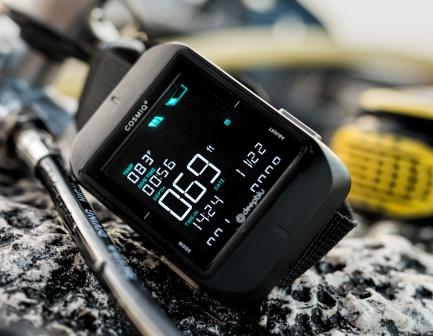
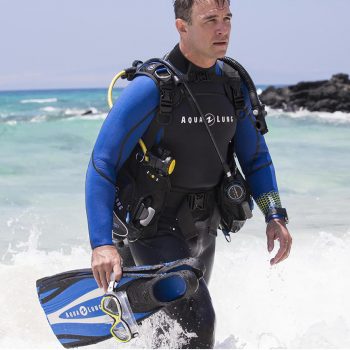
Wetsuit
Wetsuits help keep you warm in the water. If it doesn’t fit properly it can be uncomfortable and the water can flush through giving little thermal protection. There’s no polite way to say it either but people who hire wetsuits do tend to wee in them. Even though most dive centres rinse them out you never know for sure how clean they are!
There are several types of wetsuit suitable for various water conditions so feel free to speak to us or your instructor who can guide you on the best suit for you.
Wetsuit prices start at around £90 and go up to £500+ depending on the style, quality of neoprene and thickness.
Dive Fins
Poor fitting fins can cause cramps and blister your feet. Like masks these can be used outside of scuba for snorkelling. There are two main types of fin available:
- Full foot – ideal for snorkelling or shorter dives in warm tropical waters
- Open heel – These tend to be more comfortable and are suitable for warm and cold water. You need to wear a pair of neoprene boots with these which give more thermal protection
Fins can cost around £60-£150 and boots from £35.
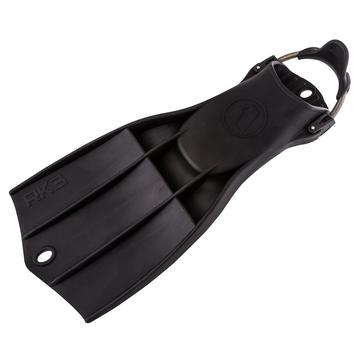
Scuba Regulators
As this is the thing that you breathe from, it is possibly the most important part of your scuba kit as they are your life support system.
Rental regulators, particularly in busy resorts often get bashed around and used frequently, and it is impossible to see when they were last tested or serviced. Rental regulators also tend to be the cheapest on the market. They should be serviced regularly but not all dive centres maintain the highest standards but most reputable dive centres should adhere to the manufacturers instructions.
A bit like wetsuits regulators are often rinsed by dive centres but you are never quite sure who has had the mouth piece in their mouths!
A decent set of regulators tend to be smoother and easier to breath from, are less likely to free flow, and you can choose a mouthpiece that is comfortable to you. This can help make your air last longer and make for a less stressful dive.
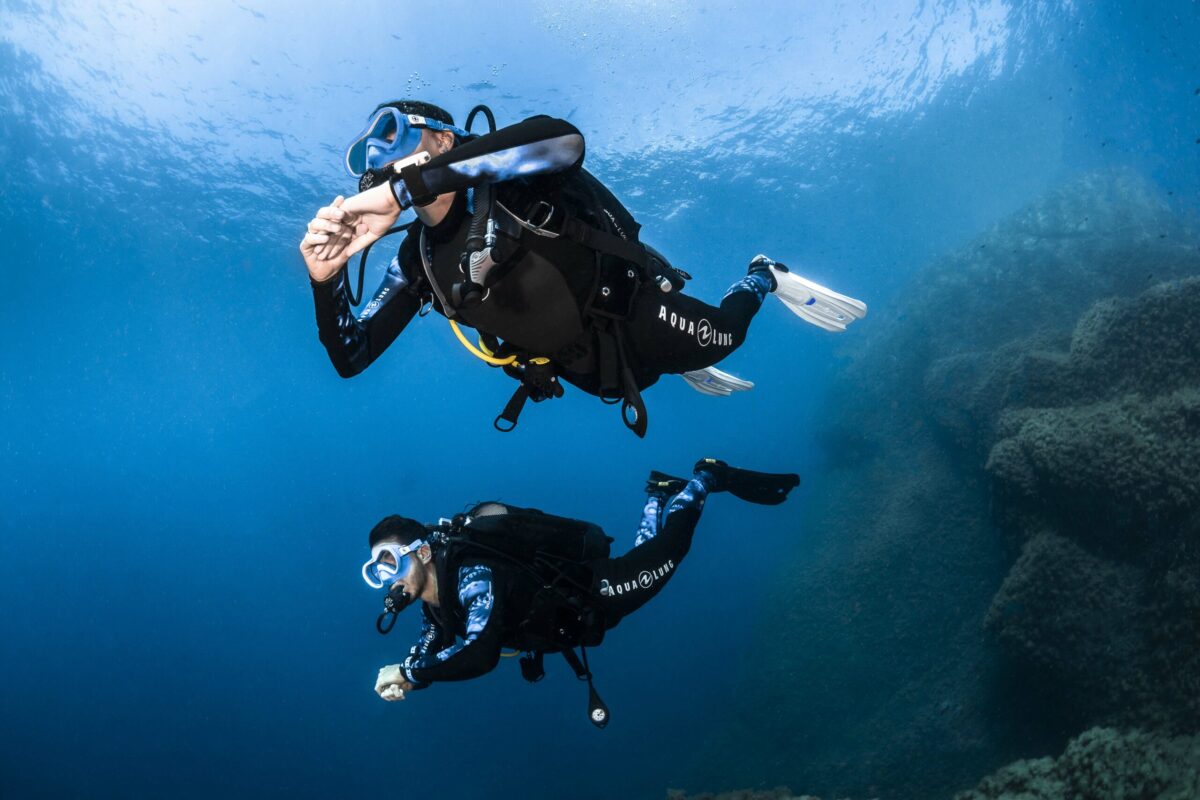
BCD
You probably don’t think that there is anything wrong with rentals until you feel what a quality BCD is like. You can choose a proper fit and the better BCD’s tend to have better back protection, harder wearing and make the tank sit more comfortably. Again this can aid your air consumption through less stress and less drag.
One of the best things about owning your own BCD is that you can have integrated weight pockets and also most have trim pockets so you can improve your trim underwater. This makes you more streamlined, more efficient, more in control and ultimately improve air consumption.
Many divers are now choosing a wing style BCD over the traditional jacket style as they are more streamlined and allow for better trim in the water.
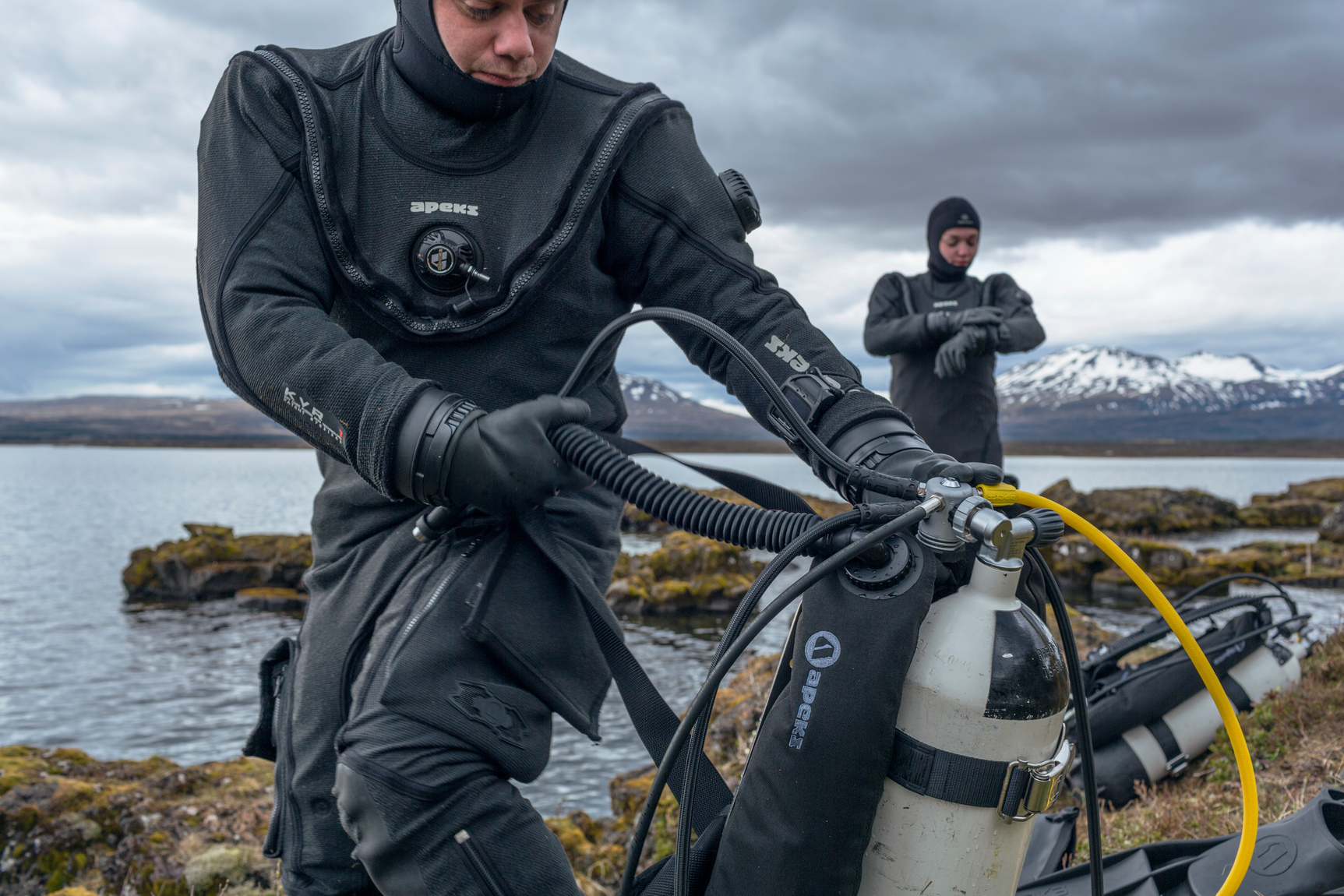

Dry suits
If you become addicted to diving like so many other divers, owning your own dry suit allows you to dive in the UK all year round.
With so many variants and sizes available it is very unlikely that you will get a rental dry suit that is the perfect fit. This can lead to small leaks and more discomfort.
Many dry suit manufacturers offer the ability to tailor the suit to your exact size.
Having a leaking dry suit is uncomfortable and can lead to rapid body heat loss.
Drysuits are one of the most expensive bits of kit you can buy, so it is worth making sure you will use it and sometimes it is worth spending a little more to ensure the perfect fit.
General Accessories
There are some smaller items that you can pick up that can make your dives easier:
SMB & Reel – a simple and effective tool to allow dive boats to easily spot you in the water, especially if you surface away from the planned area. Every diver should carry one and it is mandatory in many countries and on liveaboards.
Mask defog – a small layer of this inside your mask can keep your mask from misting up. This not only works better then spitting in your mask but is more hygenic
A slate – you will already know some hand signals but if you want to convey a longer message to your buddy and underwater slate allows you to write and communicate underwater
A torch – Nightdives are often the highlight of many holidays. Rental torches tend to be fairly dim and it’s not uncommon for batteries to run out half way through a dive. In recent years torches have become smaller, lighter and brighter…so worth considering.
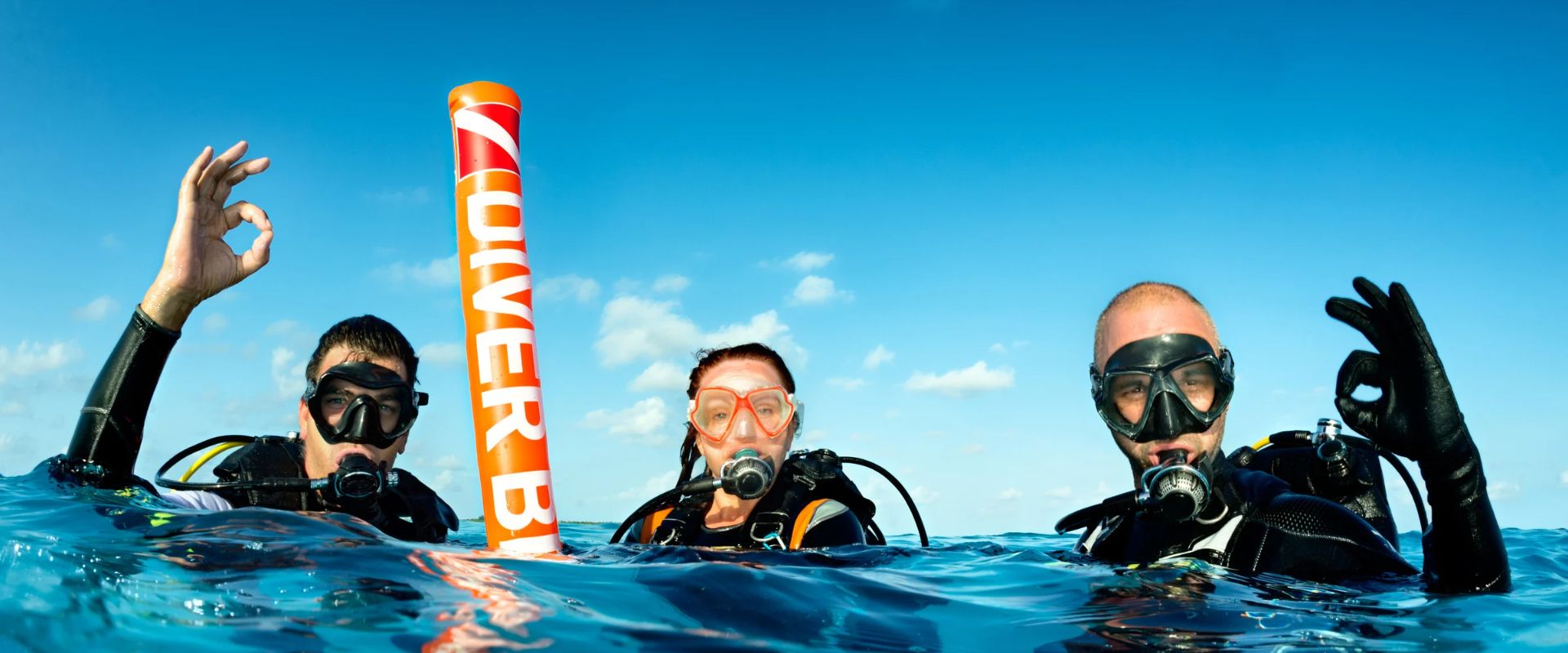
IF YOU ARE INTERESTED IN PURCHASING ANY EQUIPMENT THEN WE STOCK ALL OF THE TOP BRANDS IN OUR ONLINE STORE.
